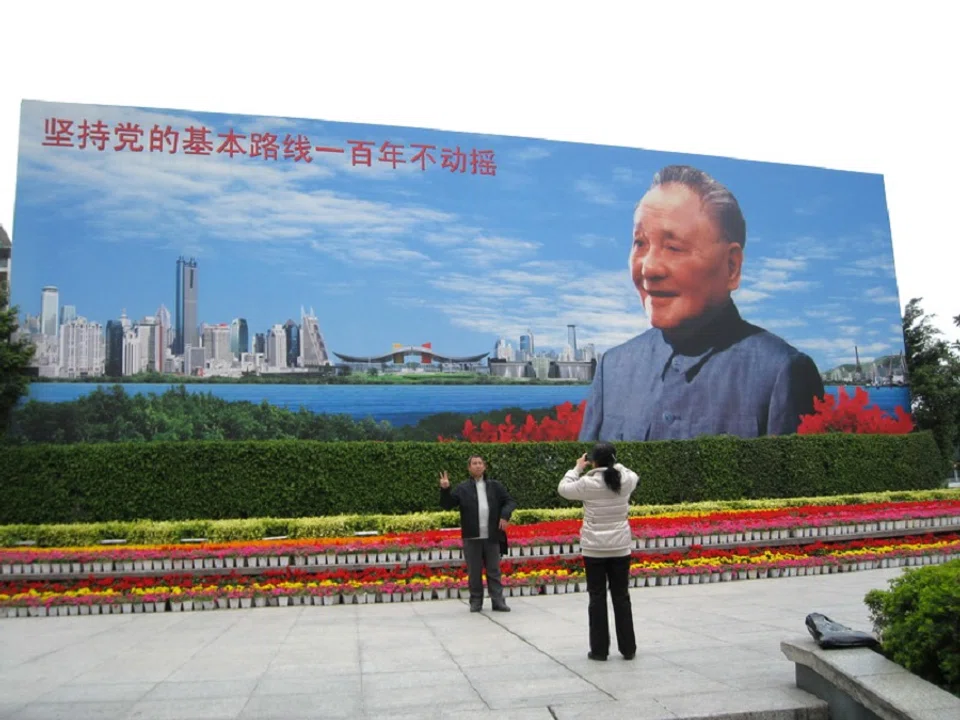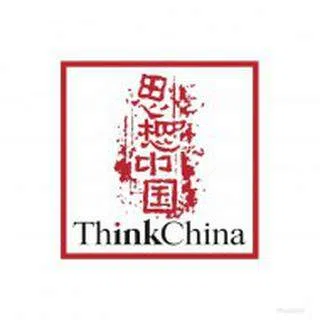What can Deng Xiaoping teach us about diplomacy today?
In Wei Da's view, diplomacy is not rocket science. Diplomacy is conducted to smooth the creases and pave the way for countries to promote peace and cooperation. The devil is in the details on how countries seek to achieve that. In China's case, Deng Xiaoping had laid out the broad strokes of an overarching strategy more than 30 years ago. While China finds itself in a much more challenging environment today, many of his approaches are still very relevant.

Diplomacy may look like a grand concept at first glance, but it is also a matter of common sense. Simply put, diplomacy means improving equality and mutual benefit, as well as resolving conflict and misunderstanding with foreign governments and their people in the international arena. Diplomacy involves standing apart or united as interests dictate, and turning negative outcomes to positive ones, as doing good and being cooperative are in the interests of the country's future and world peace.
Some would ask: why, then, is US President Donald Trump emphasising "America First" rather than equality and mutual benefit? Trump's policies could be said to be an overcorrection upon realising that the US has not been treated "fairly" enough. However, if other countries were to blindly follow and adopt Trump's policies, it could backfire and hurt others and themselves.
Diplomacy can be split into the three levels of strategy, plan of action, and execution. Yet, it encompasses much more, as no amount of work in the three aspects can be more important than the final results. For example, the current point of contention in the execution of Chinese diplomacy is whether it should continue to remain low profile, or adopt the high-profile approach of "wolf-warrior diplomacy"?
Do the ends justify the means?
I believe that this is just a question of method. Ultimately, how reasonable and successful a diplomatic move is depends on the actual result. At the end of the day, have you forged more friendships, gained better economic growth, and expanded your geographical footprint? Or are you condemned and sanctioned by numerous countries, experiencing greater restrictions on international trade and the movement of people, and having developed and emerging markets shutting their doors and boycotting you?

As a point of reference, Deng Xiaoping's renowned "three-and-a-half diplomatic masterpieces" have made decisive historical contributions to China's reform and opening up, strengthened the country, built an affluent people, and revitalised its culture. It is still relevant today, and provides many profound insights and warnings to the present world.
Opening up and cooperating with the US and the West is ... quite a commonsensical thing to do. Yet, China was doing the opposite for a long time.
These "three and a half diplomatic masterpieces" are: eradicating the long-term ills of traditional economic foreign aid; adopting an open-door policy to the US and the West; making breakthroughs to not let traditional ideology hinder inter-state relations; and using the "one country, two systems" principle to deal with Hong Kong affairs (the Hong Kong issue is considered as half belonging to internal affairs, and half belonging to diplomacy).
Learning from Deng's diplomacy
China's traditional foreign aid - mainly targeted at so-called "brother parties of socialism" and third world countries - were often overdone at the expense of its people and resources. This was commonly known as dasabi (大撒币) version 1.0, or "lavishly throwing money around". A recent memoir has even revealed that foreign conmen had seized the opportunity back then and lied about being from a Marxist-Leninist Party to conveniently live off of China for many years. When Deng went into politics again, he boldly implemented reforms and called for the immediate cessation of foreign aid to Albania and Vietnam, among other countries, so that China would stop losing money.
Opening up and cooperating with the US and the West is actually opening up to advanced cultures, modern civilisations and developed markets, which is quite a commonsensical thing to do. Yet, China was doing the opposite for a long time. Deng was determined to right this wrong, and had personally led China to establish diplomatic relations with the US, and boost cooperation with Japan. Deng once made an incisive observation that the countries that had good relations with the US all became prosperous. This statement echoes a current popular saying on the Chinese internet: "Sitting on a sofa looking around the house, everything comes from American innovations and creations. I am not even talking about mobile phones, aeroplanes, automobiles, and so on."
With great foresight, Deng adopted Singapore's advice and thus laid down the cornerstone for improved relations between China and Southeast Asia.

In the early 1990s, China had resolutely forged diplomatic relations with South Korea despite facing strong opposition from North Korea. Deng successfully overcame traditional ideology and transformed the country into one that put its national interests first. Besides, when Deng visited Singapore in 1978, Singapore leaders had requested China to stop supporting and sponsoring the radical and violent Malayan Communist Party. With great foresight, Deng adopted Singapore's advice and thus laid down the cornerstone for improved relations between China and Southeast Asia.
Firstly, national interest and the people's welfare must come before divisive and disintegrating ideologies in forming a diplomatic strategy.
So then, what was so difficult about solving the Hong Kong issue? Wasn't it a dissonance between ideology and political system? Should we view such a dissonance as a turning point for national development, or a negative force that subverts and threatens? Deng proposed the "one country, two systems" principle with a vision that it would allow Hong Kongers to govern Hong Kong with a "high degree of autonomy" on the basis that everything can be negotiated apart from sovereignty rights. This demonstrates his forward-thinking mindset and focus on openness and diversity.
A few lessons can be learnt from Deng's diplomatic achievements and masterpieces. Firstly, national interest and the people's welfare must come before divisive and disintegrating ideologies in forming a diplomatic strategy. Secondly, a diplomatic plan of action should be one that involves opening up, matching up to, and interacting with advanced and developed countries, and not one that advocates self-isolation and being selective about who the country chooses to engage with. Thirdly, operationally, one must focus on effectiveness and results, emphasise mediation and negotiation, and definitely not descend into bickering, throwing tantrums or making a din. Otherwise, there would be chaos. Not only that, the country would have hurt its interests, lost a foothold or even be defeated.



![[Photos] Fact versus fiction: The portrayal of WWII anti-Japanese martyrs in Taiwan](https://cassette.sphdigital.com.sg/image/thinkchina/3494f8bd481870f7c65b881fd21a3fd733f573f23232376e39c532a2c7593cbc)

